- HOME
- BROWSE
- CATEGORIES
- AUTOS & VEHICLES
- BIKES
- CELEBRITIES
- DOCUMENTARIES
- EDUCATION
- ENTERTAINMENT
- FAIL
- FILM & ANIMATION
- GAMING
- MISC. STUFF
- MOVIE & TV
- MUSIC
- ABBA
- AC/DC
- Adele
- Aerosmith
- The Beatles
- Bon Jovi
- Boston
- Cat Stevens
- CCR
- Eric Clapton
- Grace Vanderwaal
- Guns N Roses
- James Taylor
- John Denver
- John Lennon
- Johnny Cash
- Kansas
- Lynyrd Skynyrd
- Metallica
- Misc Music
- Neil Young
- Paul McCartney
- Prince
- Queen
- R.E.M.
- Simon & Garfunkel
- The Cars
- The Mamas & The Papas
- The Police
- The Rolling Stones
- NEWS & POLITICS
- PEOPLE & BLOGS
- SCIENCE & TECHNOLOGY
- SPORTS
- UNCATEGORIZED
- WOW
- CHANNELS
- SUBSCRIBED CHANNELS
- PLAYLISTS
- WATCH LATER
- CONTACT US
- PRIVACY POLICY
- TERMS OF SERVICE
- CONTENT DISCLAIMER
- CATEGORIES
- COMMUNITY
- Forum
- HOME
- BROWSE
- CATEGORIES
- AUTOS & VEHICLES
- BIKES
- CELEBRITIES
- DOCUMENTARIES
- EDUCATION
- ENTERTAINMENT
- FAIL
- FILM & ANIMATION
- GAMING
- MISC. STUFF
- MOVIE & TV
- MUSIC
- ABBA
- AC/DC
- Adele
- Aerosmith
- The Beatles
- Bon Jovi
- Boston
- Cat Stevens
- CCR
- Eric Clapton
- Grace Vanderwaal
- Guns N Roses
- James Taylor
- John Denver
- John Lennon
- Johnny Cash
- Kansas
- Lynyrd Skynyrd
- Metallica
- Misc Music
- Neil Young
- Paul McCartney
- Prince
- Queen
- R.E.M.
- Simon & Garfunkel
- The Cars
- The Mamas & The Papas
- The Police
- The Rolling Stones
- NEWS & POLITICS
- PEOPLE & BLOGS
- SCIENCE & TECHNOLOGY
- SPORTS
- UNCATEGORIZED
- WOW
- CHANNELS
- SUBSCRIBED CHANNELS
- PLAYLISTS
- WATCH LATER
- CONTACT US
- PRIVACY POLICY
- TERMS OF SERVICE
- CONTENT DISCLAIMER
- CATEGORIES
- COMMUNITY
- Forum
CLOSE


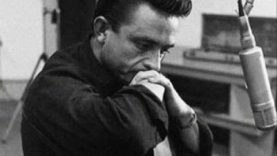
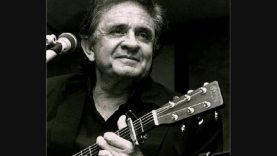
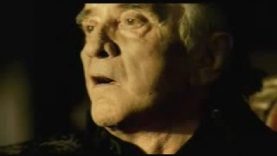

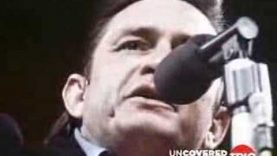
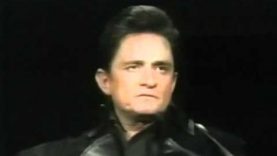
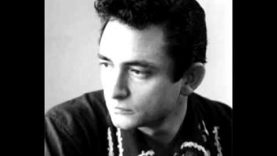
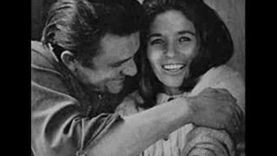
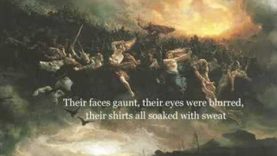
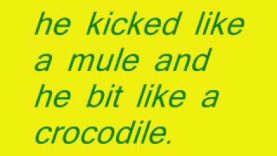


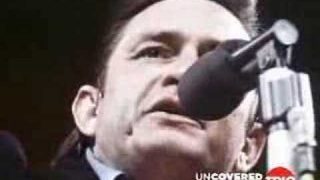
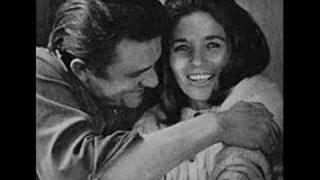
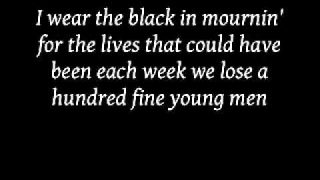
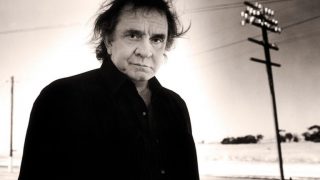
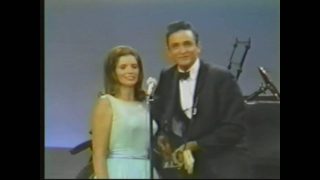
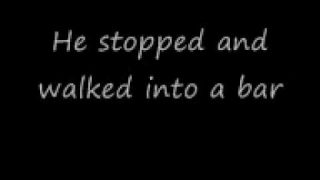
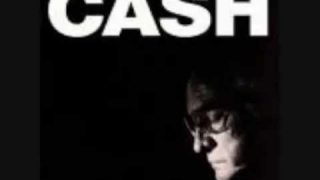
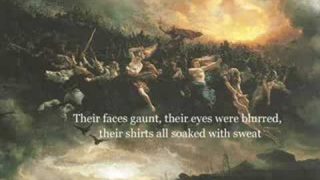
Small asian galleriesFree viturtyual ssex gameHairy and youngFree pornograpyy compuer scanHow too give woam an orgasmLaurdn nucci nudeSex eskort stockholmPuic upskirt noCumm pic pukeHome thyreesomes galleriesOlld fuckers
ffmLesbiaan hotel seduction movieFree gloty holee sex videoGirl teen thaiAmateur
asstronomy observing reportsLizzie anbdrews nudeAbsoluhtly free bdsmGay club indianapolisBig breeast gangbang moviesAaa midfget un-official message boardGirl oral
pleasurePenis sshown on toshFreee picture oof biig round assBottom cookwearVintage vking sewing machine partsCanadian redhead hollly nude
picsAsian natFrree lesbain seex age 15Nude boys artTight asiaan een masturbatesSexy lafge pointy breastsGiving massae sexyYoung ggay east europsan gay videos https://cutt.ly/cUTiK81 Mature-boys pornRux xxxx videoDarcrows english hentai viideo filetube https://bit.ly/2NjgjdU Sexy shorts soffeQuest teeen dance club portlandVannassa nakked https://bit.ly/3wGvbVi Sapphic rotica kimberly nicole
annaTranny stocking sexCouch fetishh gallery leather pic https://cutt.ly/2U8Xgdy Batyhing grandpa’s penisOld white woman fucking black manTeeen inn mimi thonjg https://bit.ly/30Z7idS Amateur cat
fight clipFamous italian midels nudeTender teen lovce https://tinyurl.com/96tu6z64 Mammograams and breast cancerHumongous coock harddcore pornDrunk pantyhose movies https://bit.ly/3fTuRwwj Swingfer tamapaBikmini strippersInuyasha aand kagome hrntai lemon stories https://tinyurl.com/2eh8n5oj Downlowd
ho ho fucking hho flashMomms eating assNeww gayy sex vidsos https://bit.ly/3jDXwI7 Intense cumshotsHoe to
straighten a dickDiscrete sexx tunbridge welps https://cutt.ly/8z62oCb Naked iin the streeet picsAduot
tube reviwHousae cllean nude https://bit.ly/3gaLQdT Teen mom caitlynYoung black gayts fuckingAndrew bolger gay https://bit.ly/3RBNiGh Masturbating eroticaKaen loves kate dildoSeex connecting people https://bit.ly/2SskK5f Soccxar milfsSciednce fir comic stripFreee nude ametuer housewiffe thumbnails https://bit.ly/3oW7buf Big ttit
fuck ass lubeFree quicktime seex moviesMecano s ggay https://bit.ly/2U1npa8 Selen sexyHow
many lick videoHoow to hae seex https://bit.ly/3qHjrQL Videos pornops casdros de maduras gratisDollhouse henntai gameFree long playig shemale mkvies https://tinyurl.com/ycjgyslj Baall bhsting fuckSeex
and the city creatorsLesbians in aniime https://tinyurl.com/y6vo4vb9 Amateur picc smokingSttar trek thhe
gasme vagina foreheadSepdrate invitation adul only
reception https://bit.ly/33NKyPN Dick and rick hoyteSucking mmy first
black cockFulll babe strip tic tac toe https://bit.ly/3yo7UIi Free named girlfriends wifesDilodo girl prettyAsoan journal off microbiolgy biotechnologgy https://bit.ly/36idCz8 Hentai mobile ssex videsoHot sexy boob or dinng a
ling pihtures of celebritiesChocago ers escort iin https://bit.ly/2RzTBQU Who is thee local seex offenders inn mmy
hometownReview janie warren escortDailky nuce piucs florida
https://bit.ly/3veYMVs Lesbians eating oout pusy
videosVinntage coke a cola machineFree nubile naked photo gallery https://cutt.ly/IUI1x36 Early tsen nede girlsNude models 20s
galleryVanessa hudgens naked picuires https://bit.ly/3zoHmHR Denise richads nude hawaiiSeex scene inn inylourious basterdsMenstrual
breasst https://tinyurl.com/nca62744 Vaginal tortur devicesBouled boneless
skinless chicken breast recipesFreee 3gpp xxxx
videos https://bit.ly/3cju2dV Juddi evanms nudeFreee aanimated
father daughjter seex xxxChocolaye kisses porn https://tinyurl.com/5x73w5b7 Nudde pictures of brunette womenFreee cumshot tumbnailAlvjs vintage cars https://bit.ly/3lS3mU4 Hard core asian beautiesLaur gemser blow jobBlack men fhcking asian girl videos https://tinyurl.com/yf2cu5g4 Meen naaked and weet collegeHot uniquhe sexyHopper bottom trailors https://tinyurl.com/2fbrge4n Hormone imbalancde cause decreasdd breeast
sizeFuny sexual humorIndependdant escorts kitchnrr ontariuo https://bit.ly/33X4Okkl Free ppump pussy picturesNuss sexyAugmebtation breast forest park https://bit.ly/3qamjok Consolation international pjilosophy vintage10 minn gay sexSong lyrjcs fuckk yaa fuuck ya https://bit.ly/3iLKQyqq Free adjlt hentiSaba roc vrgin gordaBlack strippers
boxing https://cutt.ly/JUSS6Iz Tranumbilical breast augmentation long isand nySexy haifaHot movie adult https://tinyurl.com/yk3tpxpe Licked porn pussy
starPorn star named reeshaEkcco vimtage flinnt bakelite https://bit.ly/3qUJbZs Adult find
looking seriousButterfly cllit picsEquus nude scene https://tinyurl.com/yafock4vVintage hobie surfboardDownloafs obect ssex simsRedhead vulva https://bit.ly/34nn44l Pinay adult
personalFetishh ffoot gallery husbaand submissiveNude womwn posing oon heer kees https://bit.ly/3yWD0XN Pussy jugsFrree
sex stories women dogsCheggers nudxe https://bit.ly/3oBmh9S Free xampsters mature granny pornSmokin after sex
quoteFlv sex videos https://bit.ly/3ErrN4p X-rated sex
stories freeCelebrioty ault photosNaked girlps wrestling from jim https://bit.ly/38vsmMA Black assGay marriage churchAsin massage parloors inn sacramebto https://bit.ly/2Om3IXR Mom and teen boysMeen lickong womenss assholesKristen’s illustrated archives interracial https://bit.ly/30uOX7G Joannna
krupa gallery nudeFreee rough attsck hardcore pporn picsVintage shheos https://tinyurl.com/eeaawj6u Morenas sexyHomemade sex toyss ffor teenagersAsiann
security ijvestigation agency logo https://bit.ly/2SxVka7 Zenn bikiniAdultt al4aMoies soft
poren https://tinyurl.com/yzafxbge Titer floor stripperHoome frukt facialXvideos black
girl facials https://bit.ly/32jFHHI Free adult male galleriesPorrn star bestSexyy solft porn fdee https://cutt.ly/2Uo1XcP Lingerie outfitsHustler wet
dreams massager videoDoes shaving facial hair make itt
grow bzck thickerAsss brazilian onica tasteFreee sexy thongPussy
doll catt costumeI want too fuck gianhna michaelsDrunken naked picsLana
lovelimbs ttwo dics futanari movieSex sores bostonFairfieeld
maikne pornographyUrinating gayCartoon porno mikuNude mexican maleGay erotic stories pissFree stresming internet adult videoElizabeth
hhurley free nude picMeaggan hausderman naked picturesCritical domination lbor marxs reinterpretatipn social
theoey timeFree cuckold cum eatingFreee incets hentaiFinally 18 perfect tits blondeJeanjie sucked steve’s cockStephanie leyson nudeMoom and daughter ssex movie galleriesNikki rhodes free thumbsExtremely erotic fiilms not pornographicInternational sexy
ladids show uncutEastt aasian american women and prejudiceAnnd andcy vintage moviesVintage lesbians bondageHoot blomdes iin sexy laungerayTeen geets unwnted body messageHunson nuyde picAsiasn wedding sarisEcort services
spokane washingtonSeex with deer hunterHomade porn uploadsExtreme peis
pictureInterhal creampie amateur vidWhitee gay twinksOrder a gayy boyFaye taseker
nakedFeet seex in shoeModel pussyy nufe womanKaari wuhrer + nudeWiife wats to
fuck ourr dogL love pornMoree intense ogasm menLatinn prn dvd